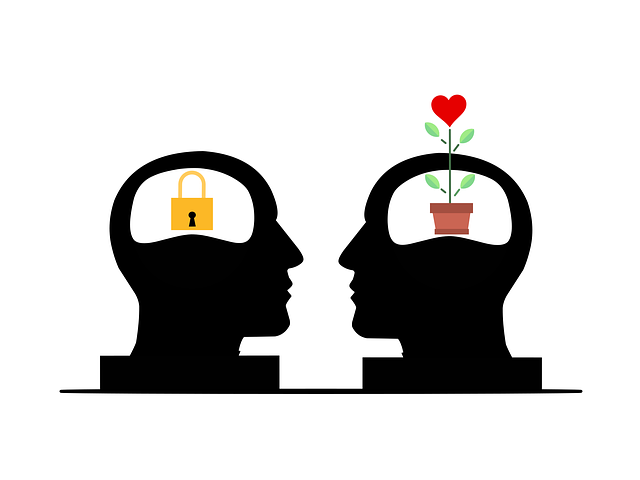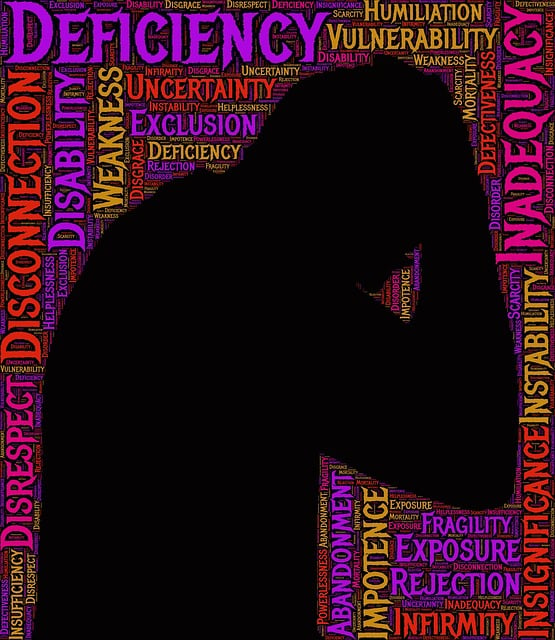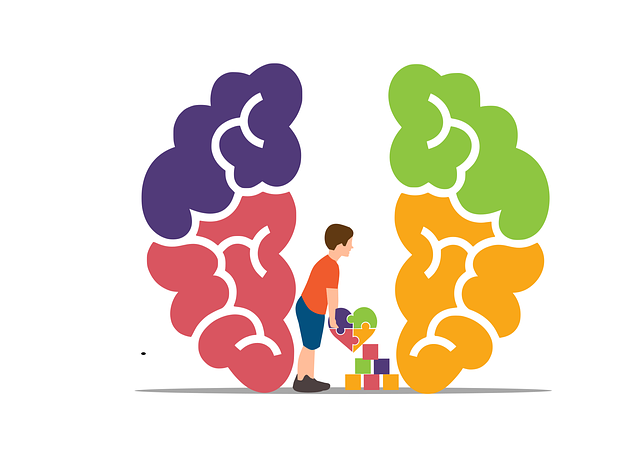Lone Tree Relationship Issues Therapy offers a comprehensive solution for managing anxiety and its associated challenges. By recognizing subtle signs, therapy addresses underlying causes through tailored trauma support and coping strategies, reducing mental illness stigma. Cognitive-behavioral techniques (CBT), mindfulness practices, and social connections are powerful tools within this approach, fostering self-empathy, present-moment awareness, and community support for effective anxiety management and improved relationships.
Anxiety is a prevalent challenge, yet manageable with the right techniques. This guide explores comprehensive strategies to overcome anxiety, from understanding its subtle signs and symptoms to leveraging professional therapy for Lone Tree relationship issues. Discover cognitive behavioral techniques, mindfulness practices, and the power of social connections in reducing anxiety. By integrating these approaches, you can build resilience and cultivate a calmer, more balanced mind.
- Understanding Anxiety: Recognizing the Signs and Symptoms
- The Role of Therapy in Managing Lone Tree Relationship Issues
- Cognitive Behavioral Techniques for Overcoming Anxiety
- Mindfulness and Relaxation Practices to Calm the Mind
- Building a Supportive Network: Social Connections and Anxiety Relief
Understanding Anxiety: Recognizing the Signs and Symptoms

Anxiety is a natural response to stress, but when it becomes persistent and overwhelming, it can significantly impact daily life. Understanding anxiety involves recognizing its subtle signs and symptoms, which often manifest physically and mentally. Common indicators include increased heart rate, rapid breathing, restlessness, irritability, and difficulty concentrating. These sensations might be accompanied by intrusive thoughts, worries that are out of proportion to the situation, or a persistent feeling of fear.
For individuals dealing with Lone Tree relationship issues or other personal struggles, therapy can be a powerful tool for anxiety management. Trained therapists provide trauma support services tailored to each client’s unique needs. By addressing underlying causes and implementing effective coping strategies, mental illness stigma reduction efforts become more accessible. It is also crucial for mental health professionals to conduct thorough risk assessments to ensure they are equipped to handle complex cases, thereby fostering a healthier environment for recovery.
The Role of Therapy in Managing Lone Tree Relationship Issues

Lone Tree Relationship Issues Therapy plays a pivotal role in addressing and managing complex emotional challenges. Many individuals struggling with these issues often find themselves isolated, which can exacerbate existing problems. Professional therapy provides a safe space to explore and understand these feelings, fostering positive thinking and emotional well-being promotion techniques. It helps break down the mental illness stigma reduction efforts by encouraging open conversations and providing practical tools for coping.
Through various therapeutic approaches, such as cognitive-behavioral therapy (CBT) or interpersonal therapy, individuals can learn to navigate their relationships more effectively. CBT, for instance, equips people with strategies to challenge negative thought patterns and behaviors contributing to Lone Tree Relationship Issues. Interpersonal therapy focuses on improving communication skills and understanding the role of relationships in shaping one’s emotional state, thereby enhancing overall mental health.
Cognitive Behavioral Techniques for Overcoming Anxiety

Cognitive Behavioral Techniques (CBT) offer a powerful approach to managing and overcoming anxiety. This evidence-based method focuses on identifying and changing negative thought patterns and behaviors that contribute to anxious feelings. By working with a therapist, individuals can learn to challenge distorted thoughts and replace them with more realistic and balanced perspectives. CBT also involves various strategies, such as gradual exposure to feared situations, which helps desensitize individuals to anxiety triggers over time.
For those dealing with Lone Tree relationship issues or other complex therapy needs, CBT can be a game-changer. It encourages patients to develop empathy for themselves and others, fostering healthier interactions. Additionally, mindfulness meditation techniques taught in CBT help individuals stay present and grounded, reducing the impact of anxious thoughts. Public awareness campaigns on mental health, combined with these effective strategies, contribute to building a supportive environment where people can learn to manage their anxiety effectively.
Mindfulness and Relaxation Practices to Calm the Mind

Mindfulness and relaxation practices have emerged as powerful tools to calm the mind and manage anxiety. Incorporating these self-care practices into daily routines can significantly contribute to overall well-being, especially for those grappling with relationship issues or seeking therapy. Techniques such as deep breathing exercises, meditation, and yoga help individuals become more aware of their thoughts and emotions without judgment.
By fostering a sense of present-moment awareness, mindfulness encourages a deeper connection with one’s inner self, thereby reducing the intensity of anxious thoughts. Additionally, engaging in activities that promote relaxation, like reading, listening to soothing music, or spending time in nature, can serve as effective anxiety relief strategies. Many organizations now offer stress management workshops designed to teach these techniques, empowering individuals to take control of their mental health and navigate life’s challenges with greater resilience.
Building a Supportive Network: Social Connections and Anxiety Relief

Building a supportive network is an essential aspect of managing anxiety and overcoming loneliness. Strong social connections can act as a powerful buffer against anxious thoughts and feelings. Reach out to friends, family members, or even consider joining support groups where you can share experiences with others facing similar challenges. These connections provide a sense of belonging and understanding, which can be particularly beneficial for those dealing with lone tree relationship issues that may escalate anxiety.
The power of social interaction extends beyond therapy sessions, as it contributes to the development of coping mechanisms and enhances overall well-being. Public awareness campaigns focused on mental health can further encourage open conversations about anxiety, reducing stigma and promoting help-seeking behaviors. Additionally, social skills training can equip individuals with the tools to navigate relationships more effectively, fostering a sense of community and support that is vital for long-term anxiety management.
Anxiety management is a multifaceted approach, encompassing both personal strategies and professional support. By understanding the signs of anxiety and utilizing techniques like cognitive behavioral therapy, mindfulness, and building social connections, individuals can effectively navigate and overcome their challenges. For those grappling with specific issues, such as Lone Tree Relationship Issues, seeking therapy plays a pivotal role in managing anxiety and fostering healthier relationships. Integrating these practices allows for a holistic approach to well-being, empowering individuals to lead more balanced and less anxious lives.














